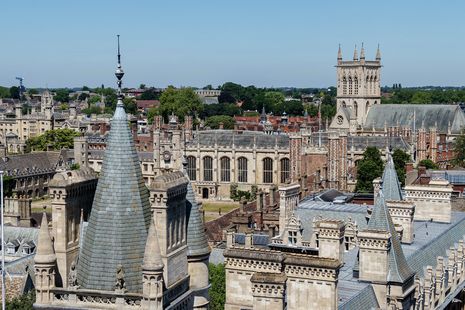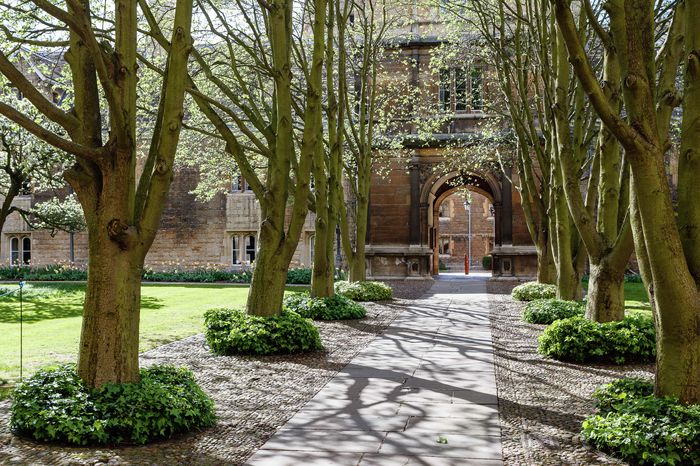Cambridge gained from the slave trade, report finds
There was no evidence the University owned enslaved people or slave plantations

Cambridge gained “significant benefits” from its financial and cultural involvement in the slave trade, a newly published report has found (22/9).
The report by Cambridge’s Advisory Group on Legacies of Enslavement, commissioned in 2019 by the vice-chancellor, Stephen Toope, also concluded that there was no evidence that the University owned enslaved people or slave plantations.
The report found that the University held direct financial investments in the South Sea Company, a company involved in trading slaves. Colleges such as Corpus Christi, Gonville & Caius, Jesus, King’s and Pembroke were also found to have directly bought company shares and annuities during the height of the Atlantic slave trade.
According to the report, the University’s financial involvement “both helped to facilitate the slave trade and brought very significant financial benefits to Cambridge”. A “significant part” of Cambridge’s collegiate endowment was found to be “ultimately derived from the slave trade.”
Major donors were also found to be investors in colonial companies. Many gifts and benefactions were shown to contribute to the University’s long-term income. For example, the renowned Fitzwilliam Museum was “founded on money inherited from a governor of the slave-trading South Sea Company.”
Other findings in the report also bring into question the University’s reputation as an institution linked to the abolition movement through association with figures such as William Wilberforce. The report paints a more complex picture, demonstrating that many Cambridge abolitionist figures advocated for and even benefited from the 1834 compensation of slave owners.
The research also found that the University contributed to an ideology that enabled “racialised and racist social beliefs,” noting contributions to scientific racism like Christ’s alumnus and son of an enslaver, Dr Thomas Townes in the 1670’s, who claimed differences between white and black people were innate and the result of biological differences.
A set of recommendations has been laid out to address the University’s historical legacy, including a broad set of measures aimed at combating institutional exclusion of black British communities, as well as a Legacies of Enslavement fund and University partnerships with regions subjected to colonialism.
Other proposals include the foundation of a research centre devoted to legacies of enslavement and new forms of memorialisation to represent the University’s history of colonial ties. The report recommends that the University considers how it can “make a difference to communities affected by the legacies of enslavement”.
Outgoing vice-chancellor Stephen Toope said: “It is not in our gift to right historic wrongs but we can begin by acknowledging them. Having unearthed our University’s links to an appalling history of abuse, the report encourages us to work even harder to address current inequalities – particularly those related to the experiences of black communities."
 News / Cambridge academics sign open letter criticising research funding changes22 February 2026
News / Cambridge academics sign open letter criticising research funding changes22 February 2026 News / Supporters protest potential vet school closure22 February 2026
News / Supporters protest potential vet school closure22 February 2026 News / University Council rescinds University Centre membership20 February 2026
News / University Council rescinds University Centre membership20 February 2026 News / Hundreds of Cambridge academics demand vote on fate of vet course20 February 2026
News / Hundreds of Cambridge academics demand vote on fate of vet course20 February 2026 Comment / A tongue-in-cheek petition for gowned exams at Cambridge 21 February 2026
Comment / A tongue-in-cheek petition for gowned exams at Cambridge 21 February 2026











